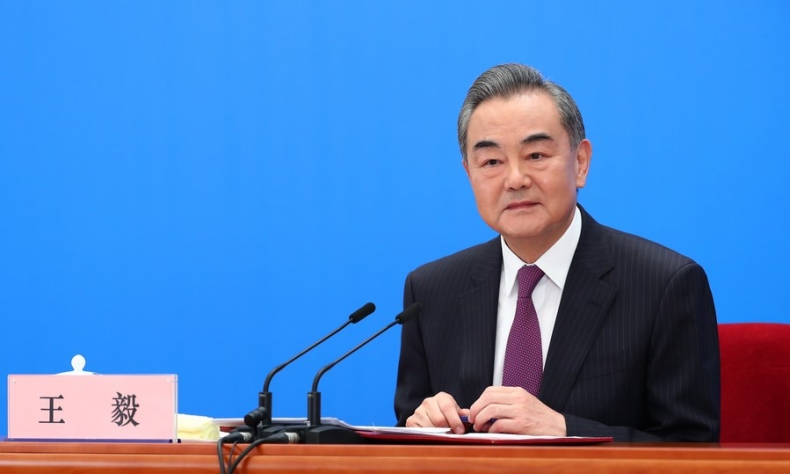China’s Foreign Policy Is Rooted in Non-Alignment

The legacy of the Non-Aligned Movement continues to live on in China’s worldview, and this must be understood before ideas of a new cold war or systematic challenges to Beijing are hyped up.
For the past week there has been a lot of talk about “alliances,” mostly on behalf of the United States who has sought to “unite allies” against China, be it the European Union, or the countries in the so-called Quad grouping – very much a feature of the U.S. new multilateral foreign policy. This situation is quite daunting as the geopolitical context grows more intense. As a result, Russian Foreign Minister Sergei Lavrov visited China in order to build relations between the two countries, which prompted talk of a potential alliance between China and Russia. In that case, where does China stand on alliances? And how will it respond to a more uncertain international environment?
China’s foreign policy is in fact traditionally rooted in the idea of “non-alignment” that states should not form “power blocs” that divide the international system or single out other countries. This is a well-established tradition. China became an observer of the Non-Aligned Movement in 1992, a diplomatic grouping of countries originally founded in 1955 to protect their common interests, national sovereignty and avoid the confrontation brewing between the United States and the Soviet Union during the Cold War. This organization was founded on the principles of mutual respect for sovereignty, common development and opposition to the idea of “hegemony.”
The Non-Aligned Movement was a third way. China anchored itself to the movement and opted for a foreign policy doctrine known as the “three world’s theory.” This theory describes how China would sit between power blocs and support the third world, avoiding the hegemony of the competing powers and providing solidarity to similar countries, as it does in Africa today.
China continues to pursue its modern diplomacy largely through non-alignment. It does not build military alliances, nor does it impose zero-sum or absolutist demands on other countries in order to achieve certain goals. As a result, China maintains a high number of productive and fluid relationships which do not sustain geopolitical stakes and do not contest the United States for hegemony. The China-Russia relationship should be understood through this prism. While the two countries do have a number of growing common interests as well as fields which they can cooperate in, nonetheless this is not a “marriage” in the formal sense and the relationship is not “targeted at any third country.”
In other words, there are no solid commitments. China wishes to maintain positive relations with all countries in the world as long as its core interests, on the matters of sovereignty and territorial integrity, are respected.
America believes that China wants to dominate the international system and build a new order of its own. This is incorrect. Beijing’s contemporary foreign policy continues to live via the doctrine of anti-hegemonism and has strived to avoid a zero-sum confrontation with the United States and its allies where possible.
The legacy of the Non-Aligned Movement continues to live on in China’s worldview, and this must be understood before ideas of a new cold war or systematic challenges to Beijing are hyped up.
 Facebook
Facebook
 Twitter
Twitter
 Linkedin
Linkedin
 Google +
Google +







